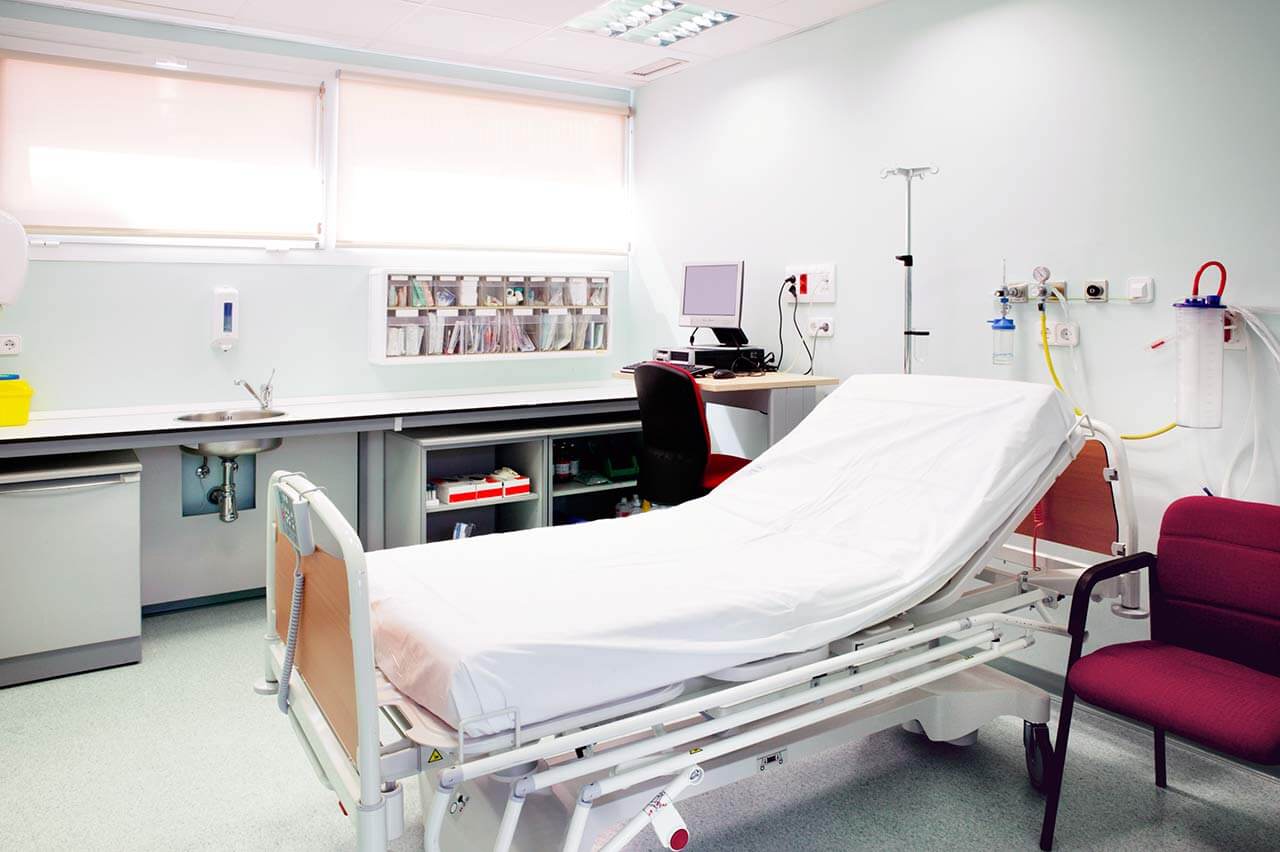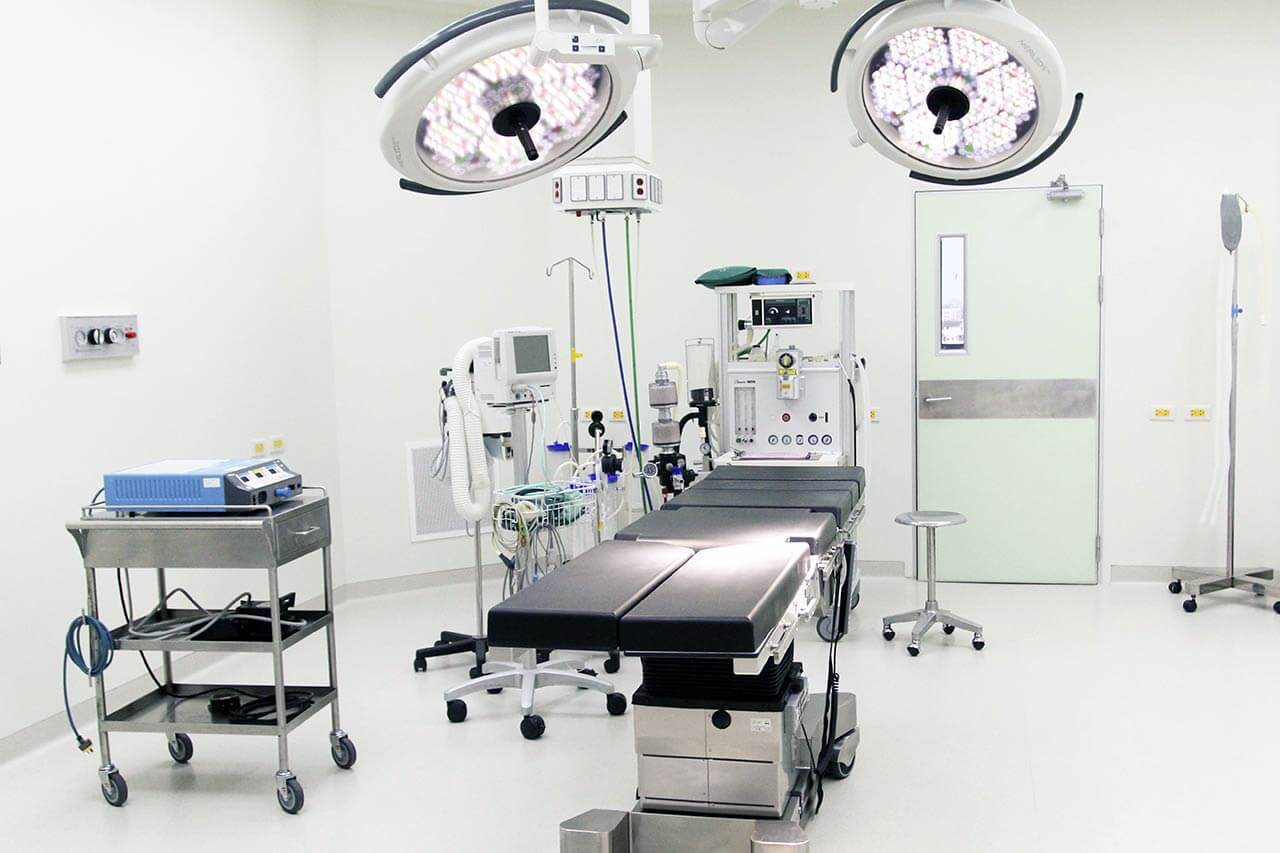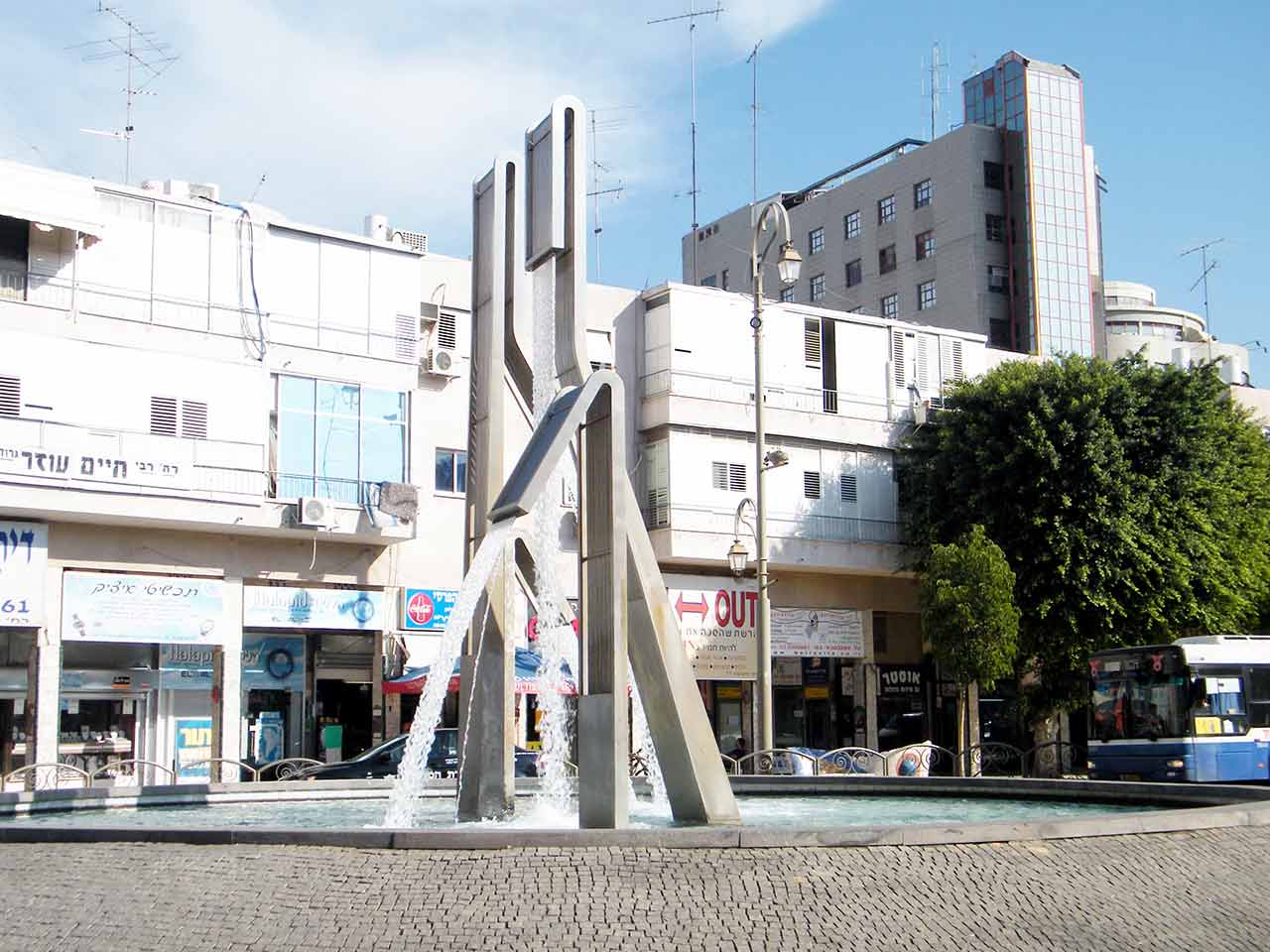
The program includes:
- Initial presentation in the clinic
- clinical history taking
- general clinical examination
- laboratory examinations:
- complete blood count
- blood biochemistry
- immune analysis
- hormonal tests:
- androgens
- progesterone
- prolactin
- thyroid hormones (T3, T4, TSH)
- gynecological examination
- colposcopy
- taking a smear
- hormonal stimulation
- artificial insemination (AI)
- nursing services
- elaboration of further recommendations
How program is carried out
During the first visit, the physician will conduct a clinical examination and go through the results of previous laboratory tests and instrumental examinations. After that, you will undergo an additional examination, including complete blood count, laboratory assessment of liver and kidney function, hormonal tests. Based on the results of the examinations, the physician will make sure that there are no contraindications to hormonal stimulation and subsequent intrauterine (artificial) insemination with donor sperm.
Intrauterine (artificial) insemination with donor sperm is carried out as the day hospital procedure, without mandatory admission to the hospital. Cryopreserved sperm is used for it. Donor sperm undergoes obligatory quality control and infection control.
After hormonal stimulation of ovulation, you will have an ultrasound scan with folliculometry. With its help the physician will make sure that you have a fully-grown egg that is eligible for fertilization. Donor sperm is introduced into the uterine cavity through a thin catheter. The procedure is painless, but the physician can use a local anesthetic, if needed.
After the insemination, you will need to remain in the supine position for about 30-40 minutes.
After the completion of intrauterine (artificial) insemination with donor sperm, you will receive the medical report with detailed recommendations regarding further follow-up. You can leave the hospital on the day of your procedure. In the future, you can contact the physician for accompanying the pregnancy.
Service
You may also book:
 BookingHealth Price from:
BookingHealth Price from:
About the department
The Department of Reproductive Medicine at the Rabin Medical Center Petah Tikva offers the full range of assisted reproductive technologies for the treatment of female and male infertility. The department is annually visited by more than 1,300 couples, while most of them receive the long-awaited opportunity to be parents. The department specializes in in vitro fertilization (IVF), which is currently one of the most effective assisted reproductive technologies. The fertility doctors also perform procedures for fertility preservation in patients undergoing cancer treatment. The department demonstrates high success rates in fertility treatment, which compete with the best reproductive clinics in the world.
The department is headed by Dr. med. Yoel Shufaro. He is a brilliant specialist who has colossal experience, and is also actively engaged in research activities aimed at finding new treatment methods for infertility and improvement of the existing ones.
The main task of the department's specialists is the most accurate detection of infertility factors and their effective elimination. The treatment begins with the consultation of the couple by the attending physician, who determines the required amount of diagnostic tests for both partners. The attending physician also studies the results of diagnostic examinations, which the couple underwent in their homeland, if any.
After detecting the causes of infertility, the doctor develops an individual treatment regimen for the couple or one of the partners, depending on the specific clinical case. In most cases, the patients require such therapeutic measures as drug hormonal correction, ovulation stimulation, endovascular surgery to restore the patency of the vas deferens in men and fallopian tubes in women, insemination with donor sperm, in vitro fertilization and others.
IVF is one of the most popular and effective treatment methods of infertility. The fertilization of the egg takes place in the laboratory, after which a viable embryo or embryos are transferred into the uterine cavity of the expectant mother. The IVF procedure requires preparation not only for women, but also for men. If menstrual irregularities are diagnosed in a woman, she needs to undergo treatment in order to normalize hormonal levels. The examination of both partners includes a detailed blood count, urinalysis with bacterial culture, for a man – a spermogram, for a woman – a consultation with a gynecologist and a number of instrumental examinations of the reproductive system. Particularly complex clinical cases include situations when the etiology of infertility cannot be determined. Nevertheless, the department's doctors have excellent medical resources and exceptional professional skills to achieve excellent results even in the cases of infertility of unknown origin.
The key focuses of the department's work include:
- In vitro fertilization (IVF)
- Intrauterine insemination
- Intracytoplasmic sperm injection (ICSI)
- Transfer of cryopreserved embryos
- Uterine cavity irrigation with autoplasma before IVF to improve the condition of the endometrium
- Testicular sperm aspiration (TESA)
- Fertility preservation in cancer patients
- Egg freezing after ovarian stimulation
- Embryo freezing after egg fertilization
- Freezing of ovarian tissue with follicles or immature eggs for follow-up implantation in a woman (for example, after chemotherapy completion)
- Other assisted reproductive technologies
Curriculum vitae
Dr. med. Yoel Shufaro is the Head of the Department of Reproductive Medicine at the Rabin Medical Center Petah Tikva. In addition, he is a Lecturer at the Faculty of Medicine of Tel Aviv University.
Dr. Shufaro received his medical degree at the Hebrew University of Jerusalem, and his doctoral thesis was dedicated to human genetics. He completed his residency in the Department of Obstetrics and Gynecology at the Hadassah Hospital Ein Kerem in Jerusalem. This was followed by an internship at the Monash University in Melbourne, Australia.
Clinical and Research Interests
- Fertility tests.
- Infertility treatment: control of oocyte maturation, ovulation improvement, intrauterine insemination.
- Egg and sperm donation, surrogacy.
- In vitro fertilization (IVF).
- Fertility treatment in carriers of infectious diseases.
- Diagnostics and treatment of endocrine diseases associated with fertility.
Memberships in Professional Societies and Organizations
- Examination Board Member of the Residency in Obstetrics and Gynecology.
- Treasurer of the Israeli Fertility Association.
- Member of the European Society of Human Reproduction and Embryology.
Photo of the doctor: (c) Rabin Medical Center
About hospital
The Rabin Medical Center Petah Tikva has the status of one of the largest and reputable multidisciplinary Israeli hospitals. Since its establishment, the center has proven itself as the founder of new standards in medical care and has become a leader in the use of innovative medical technologies at the international level. It successfully applies the advanced methods of diagnostics and treatment, with the help of which even the most terrible diseases can be cured. The institutes and specialized departments of the medical complex not only provide top-class medical services, but are also actively engaged in research activities, which have implemented many effective developments. The high quality of medical service, patient care and safety of treatment is awarded by the prestigious JCI certificate of international standard.
The annual budget of the medical facility reaches $ 500 million, which allows the departments to purchase state-of-the-art medical equipment. Large financial investments ensured the purchase of seven progressive linear accelerators for the Department of Radiation Therapy, which are the most innovative in the Israeli medical system. In 2012, the medical center received the Ingenia 3T device for magnetic resonance imaging. In addition, the technical base was updated with the cutting-edge digital mammography system. Many surgical interventions are performed using the specialized da Vinci Surgical System.
With the status of the multidisciplinary hospital, the medical complex has achieved considerable heights in many medical fields, including oncology and oncohematology, general and cancer surgery, gynecology and reproductive medicine, ophthalmology, plastic surgery, cardiology and cardiac surgery, neurosurgery, orthopedics, urology and others.
The hospital employs about 5,000 people. About 1,000 of them are highly specialized physicians, some of them are internationally recognized specialists, while more than 2,000 are qualified nurses. All specialists of the medical facility have a huge clinical experience, as well as regularly improve their skills through training courses and internships in famous hospitals in developed countries. The medical team of the center works under a single motto – "People for People". The motto carries the idea that technology is only beneficial in skilled and professional hands. In addition, the priority for all employees of the medical center is the comfort of the patient during the treatment.
The medical complex can admit about 1,400 inpatients for treatment. Structurally, the hospital consists of 180 departments, outpatient hospitals and institutes, as well as 40 operating rooms equipped with the latest technology. The hospital annually performs more than 40,000 surgical interventions in various medical fields. The center admits about 95,000 inpatients and more than 850,000 outpatients every year. More than 9,000 babies are born here annually. These impressive figures speak for themselves and contribute to the popularity of the hospital in the international medical arena.
Photo: (c) Rabin Medical Center, (c) depositphotos
Accommodation in hospital
Patients rooms
The patients of the Rabin Medical Center Petah Tikva live in cozy single and double rooms with all the necessary amenities for a comfortable stay at the hospital. Each room has an ensuite bathroom with shower and toilet. The furnishing of the standard patient room includes an automatically adjustable bed, a bedside table, a wardrobe, chairs for receiving visitors and a TV. The patient rooms also have Wi-Fi. The hospital offers patient rooms for children, which are made in the special style, so young patients feel as most comfortable as possible during their treatment.
Meals and Menus
The patient and the accompanying person are offered tasty and balanced three meals a day. If for some reason you do not eat all foods, you will be offered an individual menu. Please inform the medical staff about your food preferences prior to treatment.
Further details
Standard rooms include:
Accompanying person
During the inpatient program, the accompanying person can stay on the territory of the center in a separate building or in a hotel of his choice. Our managers will help you choose the most suitable option.
Hotel
During an outpatient program, the patient can stay at the hotel on the territory of the medical center or at the hotel of his choice. Our managers will help you choose the most suitable option.




